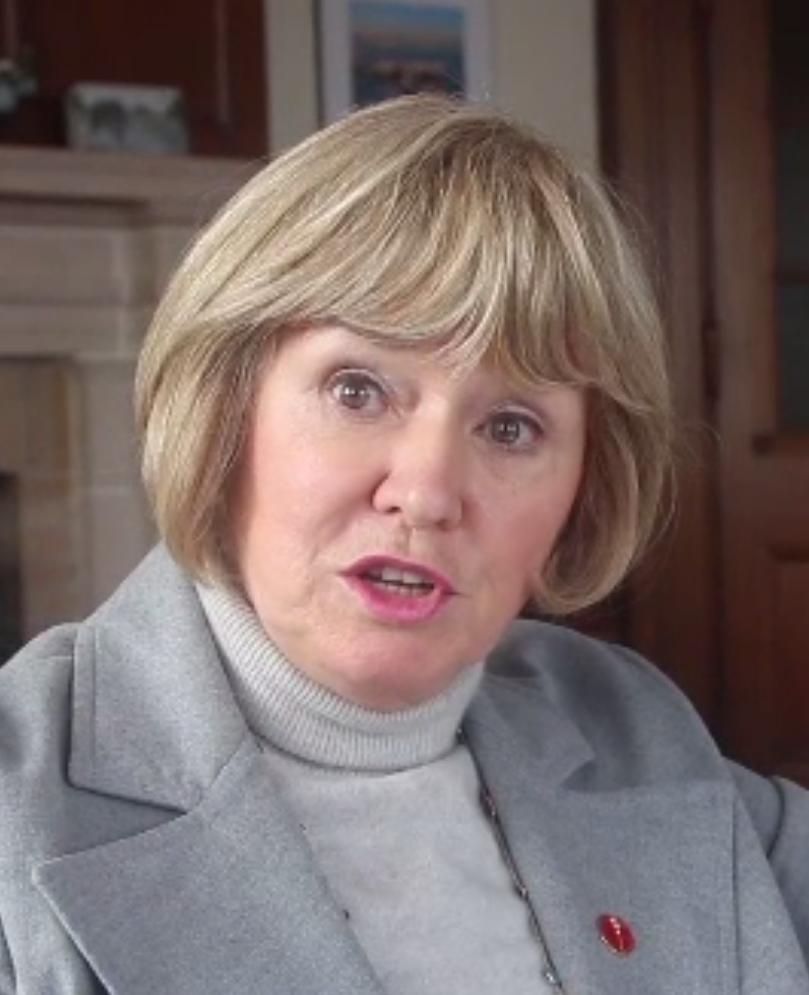Like this article? rabble is reader-supported journalism. Chip in to keep stories like these coming.
It is impossible not to be appalled by the execrable taste of the National Firearms Association’s decision to issue a press release less than 24 hours after last Sunday’s horrific mass shooting in Orlando claiming that the tragedy “was not the fault of a particular firearm or explosive.”
The NFA is an Edmonton-based organization set up, in its own words, to protect “the rights of responsible gun owners,” including the adoption of “fair and practical firearm and property rights legislation.” It would be fair to say the NFA models itself on the notorious U.S. National Rifle Association.
There is a time and place to debate the preposterous assertion of those who support wide-open, U.S.-style access to firearms that, as it is frequently phrased, “guns don’t kill people, people kill people.” The NFA, by the sound of its statement on Monday, June 13, thought that the first few hours after the largest mass shooting in our next-door neighbour’s nightmarish history of murderous gun violence was the right time to make such a point.
Mind you, this is not the first time the NFA has been embroiled in this sort of controversy. It angered Canadians in June 2014 when it issued a similar press release claiming restrictions on firearms are pointless only a day after three RCMP officers had been murdered in New Brunswick by a young man with a military-style rifle.
Published while the police manhunt for Justin Bourque continued, the June 5, 2014, NFA press release said the organization “deplores the terrible actions by a clearly deranged individual,” called for “a health care system which could be better enabled to diagnose and treat conditions that put people’s lives at risk,” and claimed “incidents like these demonstrate the validity of the mounting evidence that none of Canada’s firearms control efforts over the past 50 years have had any effect on controlling violence, or otherwise stopping bad people from carrying out their evil deeds.”
As Canadian author A.J. Somerset observed in Arms: The Culture and Credo of the Gun, “if an award were available for the most tasteless press release of the year, the NFA would win it.” Indeed, repeatedly!
“Incidents like these demonstrate no such thing,” Somerset accurately said of the NFA’s claim. And while no one should dispute the need for better mental health care in Canada, as Somerset pointed out, “the NFA made a wild assumption in announcing that a better mental health system would have caught Justin Bourque before he did any harm.” In fact, “a court-ordered psychiatric assessment would in fact later conclude that he was entirely sane.” (Emphasis added.)
“The NFA’s press release was not simply dumb as a wet, dead stump,” Somerset wrote. “It was utterly oblivious to Justin Bourque’s self-evident motives.”
“Bourque was no crazed madman acting out some agenda only he could comprehend.” He was, the author argued, a creature of an American-style gun culture brought to Canada by groups like the NFA that promote gun ownership as a counter to police and government power.
This is especially so among several groups associated with the Canadian gun lobby if the governments in question happen to hold liberal positions on any number of unrelated issues. Canadian “gun rights advocates” tend to be allied with the political parties of the further right, like the Conservative Party of Canada and the Wildrose Party here in Alberta. Both those parties work with the gun lobby to fashion divisive wedge issues in return for advocating opening up our country to the deadly conditions that prevail in the United States.
So it should come as no surprise to anyone that the week before the tragedy in Florida, a Conservative MP in Ottawa was supporting a petition for a military-style weapon similar to the firearm used in the Orlando nightclub massacre to be reclassified as a hunting weapon.
“The AR-15, when handled safely, is a completely innocuous firearm,” Prince George-Peace River-Northern Rockies MP Bob Zimmer said. “We support its reclassification back to non-restricted.”
It is a waste of time to attempt to engage in normal discourse with people like those in the NFA, or for that matter in the Conservative and Wildrose parties, on this topic.
All we can do as citizens of Canada is to continue to press our legislators to pass sane restrictions on the ownership of firearms, which accumulating evidence continues to suggest will reduce the number of gun deaths. Obviously, these should include restrictions on firearms that are designed specifically to efficiently kill human beings without genuine “sporting” applications. Zimmer’s protestations notwithstanding, the AR-15 and the Sig Sauer MCX used in the Orlando massacre are examples.
Since regulation of firearms and the Criminal Code are federal responsibilities in Canada, this requires pressure on the federal government. A good starting point for such an effort would be to urge the government of Prime Minister Justin Trudeau to use Bill S-223 as a model for government legislation to appropriately categorize and control firearms.
S-223 is a private bill that originated in the Senate in March thanks to Québec Senator Céline Hervieux-Payette, who has since retired. Because S-223 was introduced by a member who is no longer a Senator, and since the chamber has little democratic legitimacy and moreover is packed with appointed Conservative members determined to blockade the democratically elected government of the land, the bill probably doesn’t have much future in its present form.
Still, it is a well-researched and carefully drafted piece of legislation, and should be reintroduced by the government in the House of Commons.
We can persuade the government of Prime Minister Trudeau to do this, or something like it, because Canadians who support sensible restrictions on firearms vastly outnumber Canadian gun lobby, no matter how noisy it is.
This post also appears on David Climenhaga’s blog, AlbertaPolitics.ca.
Like this article? rabble is reader-supported journalism. Chip in to keep stories like these coming.




